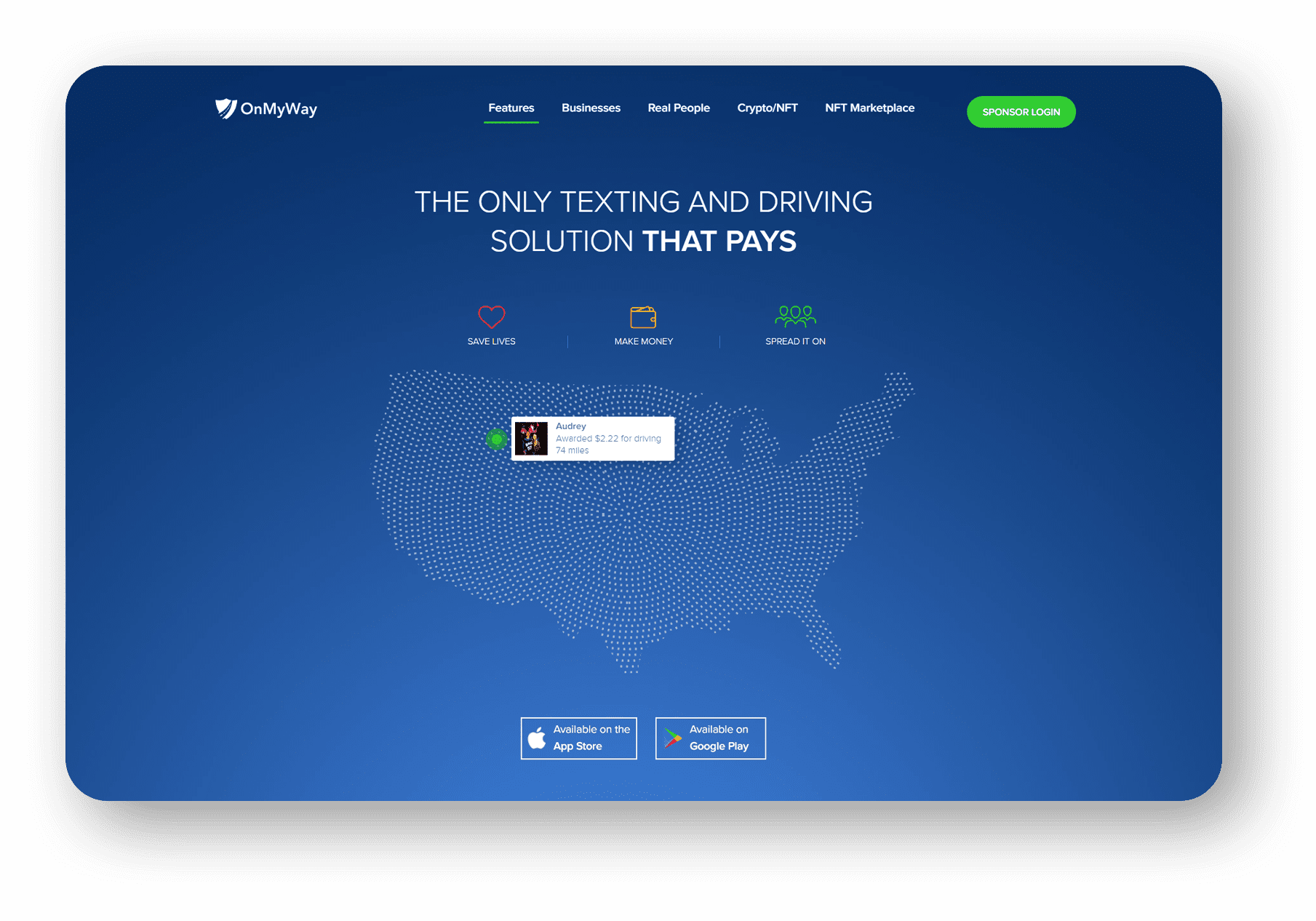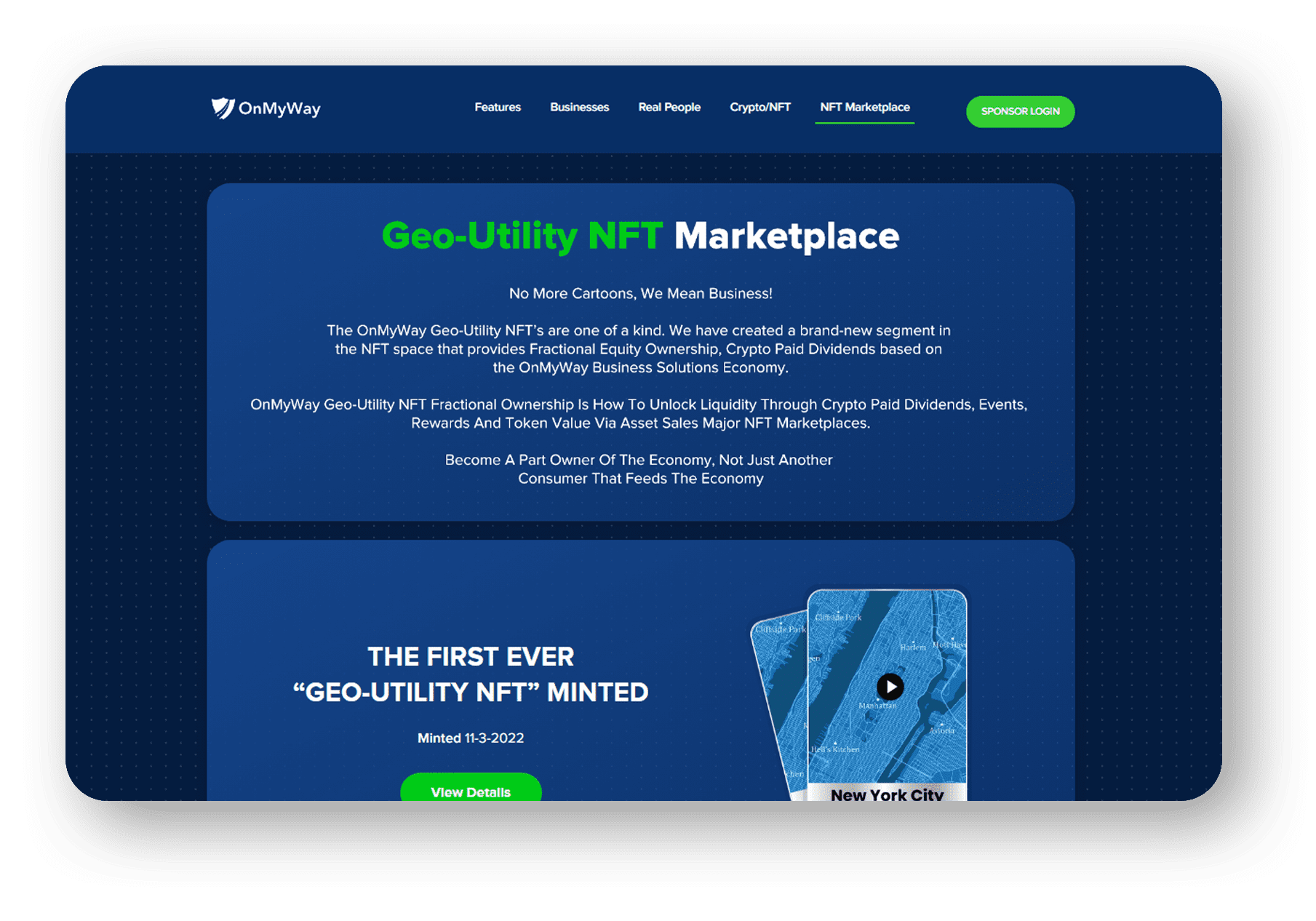
The Biden administration has approved the massive Willow oil drilling project in Alaska, angering climate advocates and setting the stage for a court challenge.
The Willow Project is a decadeslong oil drilling venture in the National Petroleum Reserve, which is owned by the federal government. The area where the project is planned holds up to 600 million barrels of oil, though that oil would take years to reach the market since the project has yet to be constructed.
By the administration’s own estimates, the project would generate enough oil to release 9.2 million metric tons of planet-warming carbon pollution a year – equivalent to adding 2 million gas-powered cars to the roads.
The Record of Decision denies two of the five drill site pads proposed by ConocoPhillips, reducing the project’s drill pads by 40 percent. The concurrent relinquishment of 68,000 acres by the company of its existing northernmost and southernmost leases within the Bear Tooth Unit reduces the Bear Tooth Unit’s footprint in the NPR-A by one-third. This reduces the project’s freshwater use and eliminates all infrastructure related to the two rejected drill sites, including approximately 11 miles of roads, 20 miles of pipelines, and 133 acres of gravel, all of which reduces potential impacts to caribou migration and subsistence users.
The actions will create an additional buffer from exploration and development activities near the calving grounds and migratory routes for the Teshekpuk Lake caribou herd, an important subsistence resource for nearby Alaska Native communities. They significantly scale-back the Willow Project within the constraints of valid existing rights under decades-old leases issued by prior Administrations.
The Biden-Harris administration announced yesterday important steps to limit future industrial development in the NPR-A. First, the Interior Department is initiating a rulemaking to achieve maximum protection for Special Areas in the NPR-A. The proposed rule, which will be available for public comment in the coming months, will consider additional protections for the more than 13 million acres designated as Special Areas in recognition of their importance to wildlife and subsistence uses. The rule would limit future oil and gas leasing and industrial development in the Teshekpuk Lake, Utukok Uplands, Colville River, Kasegaluk Lagoon, and Peard Bay Special Areas – places collectively known for their globally significant intact habitat for wildlife, including grizzly and polar bears, caribou, and hundreds of thousands of migratory birds. The proposed rulemaking would help protect subsistence uses in the NPR-A, responding to Alaska Native communities who have relied on the land, water, and wildlife to support their way of life for thousands of years.
Second, President Biden will take action to designate approximately 2.8 million acres in the Arctic Ocean nearshore the NPR-A as indefinitely off limits for future oil and gas leasing. This action will complete protections for the entire Beaufort Sea Planning Area, building upon President Obama’s 2016 withdrawal under the Outer Continental Shelf Lands Act to protect the Chukchi Sea Planning Area and the majority of the Beaufort Sea. The withdrawal will ensure this important habitat for whales, seals, polar bears, as well as for subsistence purposes, will be protected in perpetuity from extractive development. The withdrawal will provide additional protections for Teshekpuk Lake, guarding against the potential that future Beaufort Sea oil and gas developments would seek to build pipeline infrastructure into the NPR-A.
Environmental advocates are expected to challenge the project in court. Earthjustice, an environmental law group, has been preparing a case against the project and intends to argue the Biden administration’s authority to protect resources on Alaska’s public lands includes taking steps to reduce planet-warming carbon pollution, which the Willow Project would ultimately add to.
Earthjustice President Abigail Dillen blasted the administration’s decision on Monday.
“We are too late in the climate crisis to approve massive oil and gas projects that directly undermine the new clean economy that the Biden Administration committed to advancing,” Dillen said. “We know President Biden understands the existential threat of climate, but he is approving a project that derails his own climate goals.”
Yet federal lawmakers from Alaska cheered the decision, calling it a win for the state.
“After years of consistent, determined advocacy for this project, from people all across the state and from every walk of life, the Willow Project is finally moving forward,” said Democratic Rep. Mary Peltola, the first Alaska Native in Congress. “I would like to thank the President and his administration for listening to the voices of Alaskans when it mattered most.”
Environmental advocates are expected to challenge the project in court. Earthjustice, an environmental law group, has been preparing a case against the project and intends to argue the Biden administration’s authority to protect resources on Alaska’s public lands includes taking steps to reduce planet-warming carbon pollution, which the Willow Project would ultimately add to.
Earthjustice President Abigail Dillen blasted the administration’s decision on Monday.
“We are too late in the climate crisis to approve massive oil and gas projects that directly undermine the new clean economy that the Biden Administration committed to advancing,” Dillen said. “We know President Biden understands the existential threat of climate, but he is approving a project that derails his own climate goals.”
Yet federal lawmakers from Alaska cheered the decision, calling it a win for the state.
“After years of consistent, determined advocacy for this project, from people all across the state and from every walk of life, the Willow Project is finally moving forward,” said Democratic Rep. Mary Peltola, the first Alaska Native in Congress. “I would like to thank the President and his administration for listening to the voices of Alaskans when it mattered most.”
In recent weeks, the Biden administration had looked at reducing the number of approved drilling pads down to two and boosting nature conservation measures to try to assuage concerns climate and environmental groups had about the project. Reducing the drill-pads to two would have allowed the company to drill about 70% of the oil they were initially seeking.
But ConocoPhillips and Alaska’s bipartisan congressional delegation aggressively lobbied the Biden White House and Interior Department for months to approve three drilling pads, saying the project would not be economically viable with two.
The venture was ultimately approved with three drilling pads. The administration felt it was constrained legally and had few options to cancel or significantly curtail the project – which was initially approved by the Trump administration. The administration determined that legally, courts wouldn’t have allowed them to fully reject the project, two government sources familiar.
The final scope of the project will cover 68,000 fewer acres than what ConocoPhillips was initially seeking, the sources said.
“This was the right decision for Alaska and our nation,” Ryan Lance, ConocoPhillips chairman and chief executive officer, said in a statement. “Willow fits within the Biden Administration’s priorities on environmental and social justice, facilitating the energy transition and enhancing our energy security, all while creating good union jobs and providing benefits to Alaska Native communities.”
Biden on Monday also announced sweeping new protections for federal land and waters in Alaska in tandem with Willow approval.
Politics is an obvious answer. The approval, according to Politico, is part of a strategy to create a “ ‘Biden-moves-to-the-center’ narrative” heading into next year’s Presidential election.
“Joe Biden is a realist about what it will take to win re-election in 2024 for him, or any other Democrat,” Wendy Schiller, a professor of political science at Brown, told the Times.
The White House on Monday made the entire US Arctic Ocean off limits to future oil and gas leasing. The administration will also later announce new rules to protect more than 13 million acres in the federal National Petroleum Reserve in Alaska from drilling.
OVERVIEW
OnMyWay Is The #1 Distracted Driving Mobile App In The Nation!
OnMyWay, based in Charleston, SC, The Only Mobile App That Pays its Users Not to Text and Drive.
The #1 cause of death among young adults ages 16-27 is Car Accidents, with the majority related to Distracted Driving.
OnMyWay’s mission is to reverse this epidemic through positive rewards. Users get paid for every mile they do not text and drive and can refer their friends to get compensated for them as well.
The money earned can then be used for Cash Cards, Gift Cards, Travel Deals and Much, Much More….
The company also makes it a point to let users know that OnMyWay does NOT sell users data and only tracks them for purposes of providing a better experience while using the app.
The OnMyWay app is free to download and is currently available on both the App Store for iPhones and Google Play for Android @ OnMyWay; Drive Safe, Get Paid.
Download App Now – https://r.onmyway.com
Sponsors and advertisers can contact the company directly through their website @ www.onmyway.com











